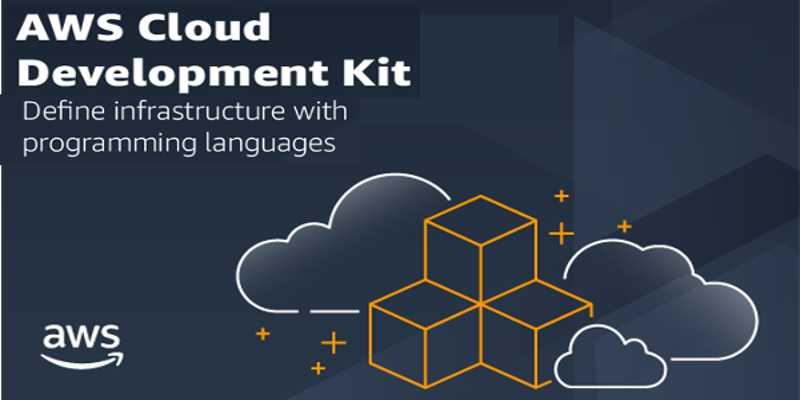AWS Developer Tools Blog
Tag: CloudFormation
Automate Custom CI/CD Pipelines for Landing Zone Accelerator on AWS
This blog post shows you how to extend LZA with continuous integration and continuous deployment (CI/CD) pipelines that maintain your governance controls and accelerate workload deployments, offering rapid deployment of both Terraform and AWS CloudFormation across multiple accounts. You’ll build automated infrastructure deployment workflows that run in parallel with LZA’s baseline orchestration to help maintain your enterprise governance and compliance control requirements. You will implement built-in validation, security scanning, and cross-account deployment capabilities to help address Public Sector use cases that demand strict compliance and security requirements.
Integrating AWS with .NET Aspire
.NET Aspire is a new way of building cloud-ready applications. In particular, it provides an orchestration for local environments in which to run, connect, and debug the components of distributed applications. Those components can be .NET projects, databases, containers, or executables. .NET Aspire is designed to have integrations with common components used in distributed applications. […]
Experimental construct libraries are now available in AWS CDK v2
The AWS CDK v2 experimental APIs are now available as separate packages, in addition to the existing stable APIs. The AWS Cloud Development Kit (AWS CDK) is an open-source software development framework to model and provision your cloud application resources using familiar programming languages. With the AWS CDK, you can define your infrastructure as code […]
How Vendia leverages the AWS CDK to dynamically provision cloud infrastructure
In this guest post, Ryan Green, senior software engineer, explains how Vendia uses the AWS Cloud Development Kit (AWS CDK) and AWS CloudFormation to dynamically provision cloud infrastructure on behalf of their customers. Abstract Vendia enables organizations to securely share data and code across regions, accounts, and clouds at scale. Vendia Unis, or Universal Apps, […]
Deploying AWS Step Functions using GitHub Actions
In order to achieve repeatable, secure, and automated deployments, it is necessary to set up a CI/CD pipeline. Typically, the CI/CD pipeline will lint configurations, build, test, and deploy your code and infrastructure using one seamless process. A common best practice for deploying your infrastructure and code to AWS is to tie into a source […]
Handling arbitrary HTTP requests in Amazon API Gateway
In this post, I walk you through the steps to build a serverless web application that can accept arbitrary HTTP requests and use custom logic to return arbitrary responses. The concepts in this post are applicable to any situation where you require flexible control over the HTTP requests received and returned by an application that uses […]
Testing infrastructure with the AWS Cloud Development Kit (CDK)
The AWS Cloud Development Kit (CDK) allows you to describe your application’s infrastructure using a general-purpose programming language, such as TypeScript, JavaScript or Python. This opens up familiar avenues for working with your infrastructure, such as using your favorite IDE, getting the benefit of autocomplete, creating abstractions in a familiar way, distributing them using your […]
Serverless data engineering at Zalando with the AWS CDK
This blog was authored by Viacheslav Inozemtsev, Data Engineer at Zalando, an active user of the serverless technologies in AWS, and an early adopter of the AWS Cloud Development Kit. Infrastructure is extremely important for any system, but it usually doesn’t carry business logic. It’s also hard to manage and track. Scripts and templates […]
AWS CDK for .NET
AWS CDK for .NET The AWS Cloud Development Kit (AWS CDK) Developer Preview now has support for .NET! The AWS CDK is a software development framework to define cloud infrastructure as code and provision it through AWS CloudFormation. This provides familiarity, IDE and tools support, and flexibility that are unavailable when using static text definitions. […]
AWS CDK Developer Preview
We are thrilled to announce the AWS Cloud Development Kit (CDK) Developer Preview release for TypeScript, JavaScript, and Java; with .NET, and Python coming soon. The AWS CDK is a software development framework to define cloud infrastructure as code and provision it through CloudFormation. The CDK integrates fully with AWS services and offers a higher-level […]







